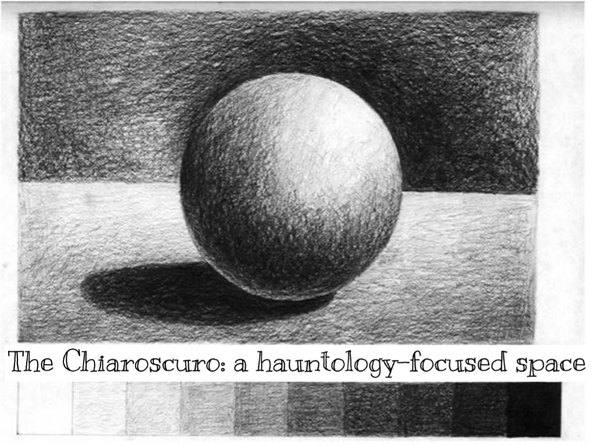A series of journals in which Lance Peng contemplates his teaching practice.
Experimental week!
This week was my big experimental session....the one where I leaned into the AI stuff. AI-dentity. Emotional labour. The unsettling weirdness of being seen (or mis-seen) by a machine. I’d been planning this session for weeks.
I started with my little intro trying to strike that tone between “fun and weird” and “don’t panic, I promise this will make sense soon” and I could already feel the quiet tension behind the topic....that mix of discomfort, slight fear of being judged by a system we can’t see or argue with. It was exactly the emotional dimension I wanted to open up.
It felt important to anchor the AI discussion in that because AI produces its own special category of wobble. Being misread. Mislabelled. Flattened into a neat little persona by a machine that has no idea what our life is like.
Then came the core of the session, AI-dentity.
Trying to put into words how AI builds these little spreadsheet versions of us. How it turns patterns into identities. How easily it gets things wrong. And how confidently it gets things wrong. Watching our students realise that “AI feedback” is not neutral (that it can shape how they see themselves) was electric.
I talked through Raymond Williams and his structures of feeling and how AI is basically creating whole new emotional climates in classrooms. The moment you tell students an originality checker is involved? The oxygen changes and you can almost hear everyone’s inner monologue spin out and Williams would’ve had a field day with Turnitin.
And then Sara Ahmed and affective economies, which honestly feels designed for AI discussions. The way emotions circulate, stick, attach themselves where they shouldn’t. AI doesn’t just give feedback; it redistributes emotional weight. Confidence here, shame there. And always unevenly.
The more I teach this stuff the clearer it becomes that AI literacy needs to be emotional literacy too.
And speaking of emotional literacy, the activity I set them felt exactly right for this topic:
- Write a short story about their own educational experience, anything that shapes who they are as learners, and then feed the story into an AI and ask: “Based on my story, what are my privileges and disadvantages in education?”
- Read the AI’s answer and pay attention to how it makes them feel: agreement? annoyance? pride? discomfort? whatever.
- Then write a two-page reflection based on all of this: the interpretation, the feelings, the labour of being mis-seen or oversimplified by a machine.
A few students raised concerns about privacy “will the AI know personal info about me?” and I’m really grateful they said it. It snapped me out of my own teacher-brain and reminded me that safety isn’t an assumption. I should have foregrounded that. I thanked them and I meant it.
And then, the highlight of my week....one student teacher sent me a report from her own classroom. She’d run the most fascinating thought experiment with her junior high students: “If you had the superpower to control people, would you use it?”
The responses were incredible.
Messy. Human. Sometimes dark. Sometimes painfully honest.
Exactly the sort of ambiguity and uncertainty we’ll be discussing next week.
Some students wanted power to feel safe.
Some wanted freedom, not control.
Some immediately built a legal system (adorable).
Some admitted they’d help their friends even if it was morally messy but only once because helping twice meant encouraging bad habits.
Some refused to use the power at all, terrified of the responsibility.
One child wanted to tell their reflection to be taller.
One wanted to take over Elon Musk’s company just so they could be left alone to play video games.
It was all so rich.
Her follow-up questions pushed the students deeper:
What if your friends asked you to use the power on their behalf?
Would you make your mother clean your room, even if she’d resent you afterwards?
Can you control behaviour but not feelings?
What does love look like if you compulsion someone into it?
The whole activity was basically a masterclass in introducing philosophical ambiguity to young people. And the fact the students said, “It would be fine if we had the power but not if someone else did”.....well, that’s political theory right there.
And reading her reflections, I kept thinking: this is such a perfect bridge into next week’s session on ambiguity and uncertainty as strategy. She unknowingly modelled exactly what I want these student teachers to understand:
We don’t need a neat answer for learning to happen. Sometimes the learning is in the tension, the hesitation and the weirdness!
So yes, this was my experimental week. And it stretched me emotionally too. Teaching AI-dentity means teaching against my own discomfort. Letting myself be unsettled while asking students to be unsettled.
But it felt right. Necessary.
And kind of exhilarating.
Next week we move fully into ambiguity. But I suppose....we’ve already been living in it!



No comments:
Post a Comment